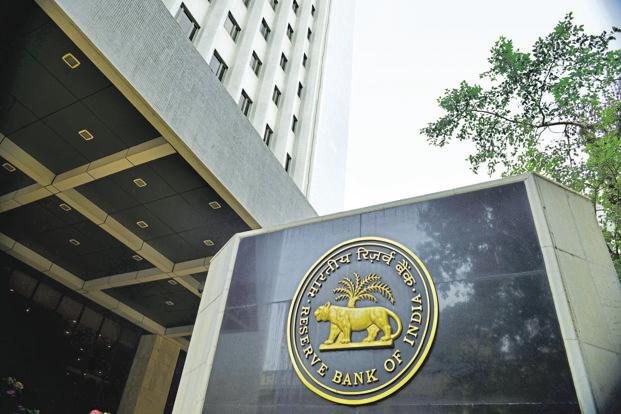News
India to explore offline solutions to aid CBDC adoption
Shaktikanta Das the Governor of the Reserve Bank of India has stated that the central bank will explore offline solutions to boost the adoption of its central bank digital currency (CBDC), the digital rupee, in remote areas of the country with limited internet access.
-

 Business3 days ago
Business3 days agoCircle stock jumps 167% on NYSE debut
-

 Business3 days ago
Business3 days agoJapan’s ‘Strategy,’ Metaplanet, to buy 91K Bitcoin in next 18 months
-

 Business7 days ago
Business7 days agoSingapore orders local crypto firms to cease overseas activity by June 30
-

 Business7 days ago
Business7 days agoMeta won’t buy Bitcoin as shareholders knock back treasury idea
-

 Business6 days ago
Business6 days agoSEC faces criticism over crypto staking shift
-

 Business7 days ago
Business7 days agoBinance co-founder CZ proposes dark pool DEXs to tackle manipulation
-

 Business6 days ago
Business6 days agoAustralia rolls out new crypto ATM rules as feds flag rising scams
-

 Business7 days ago
Business7 days agoElon Musk says X’s DM feature XChat to have ‘Bitcoin-style encryption’


























